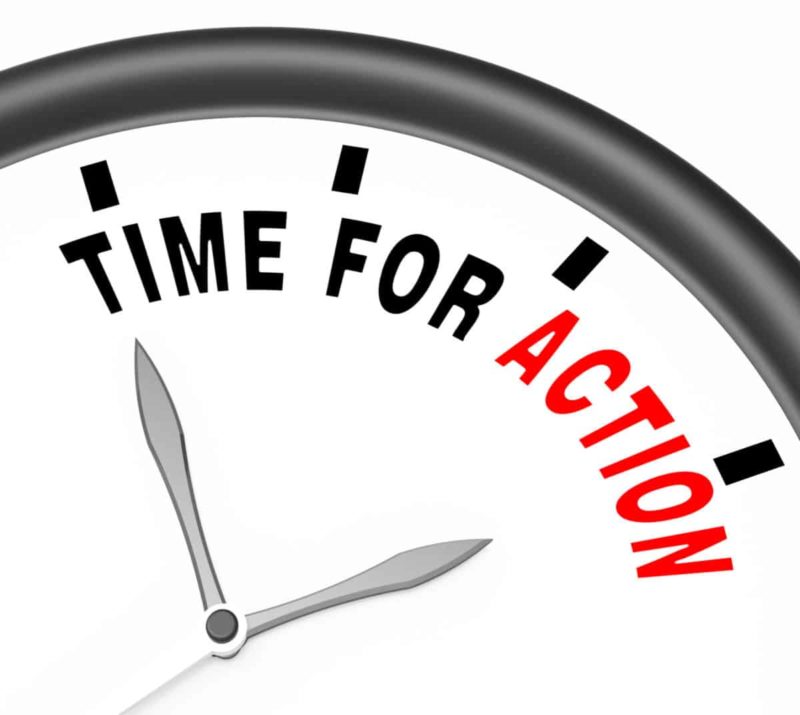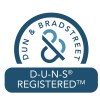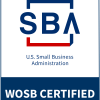I have spent my shelter-in-place time talking with dozens of people, many of whom have been suffering in one way or another. Some were dealing with layoffs, others were feeling the psychological strain of isolation, and others were tired from pulling double duty as workers/childcare, workers/teachers, or workers/caregivers to family members.
I have heard many exasperated people say, “I can hardly wait until things return to normal!” They are hoping and waiting for the world to go back to the “way it was.”
My response to them is, “What if life doesn’t return to ‘the way it was’? And truth be told, why would we want it to?”
Let’s face it, there were many parts of our pre-COVID existence that needed to change (and still do): social inequities, climate destruction, the catastrophic levels of stress that individuals experience on a daily basis.
In my estimation, most of the people who are grasping longingly at a return to that old world order are unlikely to be as successful in the new world order, or at least are missing an opportunity to consider the possibilities of what they are capable of.
What is this evolution calling for?
The more I speak with those who are already more forward-thinking, the more I hear the same call to action: this moment requires a softening of humanity. One of the people who mentioned this to me is a dear friend and 20-year veteran of the Army Special Forces. A true soldier. Given we are taught that soldiers are, and have to be, strong and shield themselves from emotions, the seeming contradiction was not lost on me.
In other words, underneath the body armor we are socially conditioned to take on, is a gentle vulnerability that in the Westernized world, we have been taught to hide or ignore. In this new order of things, we will need to be mindfully guided like never before by love rather than fear.
What Does Mindfulness Have to Do With It?
Mindfulness and meditation practices that foster compassion for self and others are not new. Eastern and Indigenous religions and communities (as well as many other religions) have been teaching empathy through mindfulness and meditation for centuries. Now, more people than ever before around the globe are finding value and peace in daily or even weekly meditation practices. The latest count finds that between 200-500 million people meditate regularly, regardless of their religious affiliation.
Mindfulness, or the ancient practice of present moment awareness, teaches us to pause, breathe, and mindfully respond to a situation rather than to mindlessly react to it. Mindfulness training has been incorporated into professional development at countless corporations and organizations around the world. And with good reason. Mindfulness practices have been linked to:
• an increase in health and wellness;
• better, more inclusive decision-making;
• an increase in attention span;
• a decrease in implicit/unconscious bias;
• fewer sick days;
• more workforce loyalty; and
• a greater bottom-line, among others.
Mindful leaders are better leaders. Using mindfulness as a tool for health/wellness, cultural inclusion, and better decisions and strategies, simply makes good business sense.
How might you or your organization use mindfulness to better serve your employees and build a more robust, loyal workforce? And how might that translate to better leadership?
A New Kind of Leader
We need leaders who have a strong ability to be transparent, who are skilled in mindful communication, and take the time to ask questions and really hear the answers. Most importantly, we need leaders who are willing and able to lead with both strength and vulnerability.
The leaders who will fare best in our shared future will be those who are able to mindfully pause, reflect, lean into the unknown, open up to possibilities, be resourceful, and ultimately adapt. They will be the ones who mindfully ask the questions:
• What assets do I bring to the table?
• What assets are missing and who can I bring to the table to fill those gaps?
• What can I contribute to be of service to others?
• How can I shift my thinking and my behavior to be in line with our current situation so I am prepared for the future?
• How might I use my imagination to conjure a more impactful use of my skills?
Resiliency is the ability to pause, reflect, adapt, and modify based on the changing situation before us. We need a new kind of leader who is able to identify and utilize resources that come both from others and from ourselves. From others, we can mindfully interact, acquire and share information, learn best practices, and model the effective behaviors we learn. From within, we can draw strength, find hope for the future, re-source ourselves with mindfulness practices, and maintain a growth mindset, wherein we embrace our struggles and failures with the knowledge that they almost always lead to better outcomes.
What kind of leader will you be in this new order of things? What are you being called to do in this moment? Why not use this time to learn new leadership skills and practices so you are better prepared for re-integration?
The question is: when that moment of re-entry comes, will you look back at this time with regret for what you didn’t do, or with pride for how resilient and forward-thinking you were? I believe we are in a moment of personal and global evolution. Now is the time for mindful leadership development to learn to become the most impactful leader we can be in our new future.
Find out more about our new 100% online mindful inclusive leadership development training program.



Ms. Samuels,
What a thought provoking article! Thank you for opening my mind to mindfulness and meditation practices. You are speaking on Sept 12 to our AAUW Colorado Leadership Conference and I can’t wait for more details to get me going in a positive direction. Renewal is in my future with your guidance.
Pam Maier
Thank you for your kind words, Pam. I’m looking forward to continued connection!